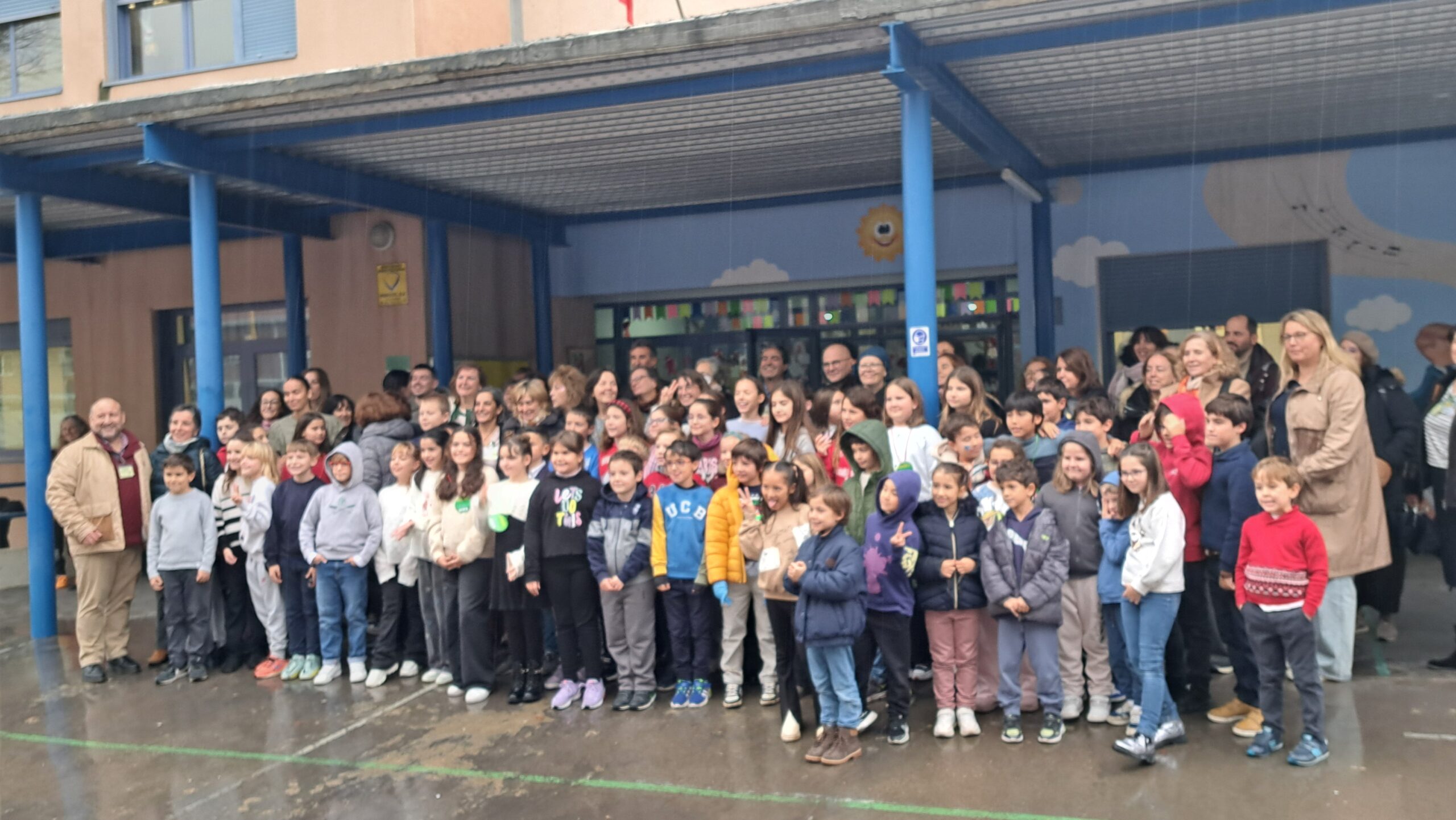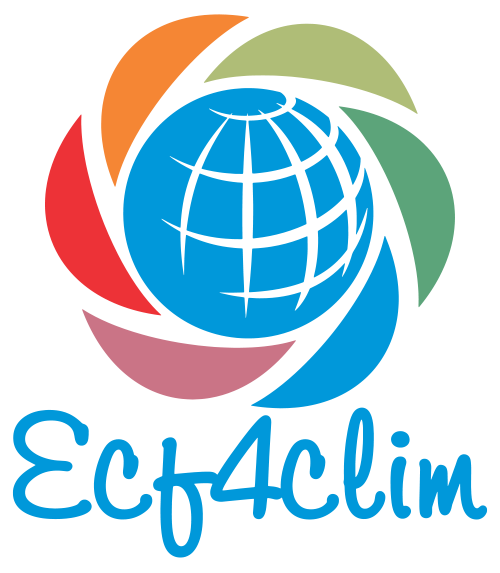Every day people move from one place to another. To school, to work, to a holiday destination, to the big chains of stores. Goods and resources are transported to be used. Transport is a key sector in the climate policies, both as a share, representing almost a quarter of Europe’s greenhouse gas emissions, but also as a huge potential to introduce effective measures. In the urban area the transport is the main source for the air pollution.
National policies are focused on the introduction of new standards for the vehicle’ performances to reduce the consumption and the emissions. The stimulation of electric vehicles through support measures (transition towards low- and zero-emission vehicles) is complemented by a sustained development of the charging infrastructure. On the other hand, the transfer of goods from the roads to the railways can bring an important contribution, along with the development of modal transport. Increasing the share of electrification is a solution with rapid effects.
How can an educational community get involved to increase the sustainability of transport? They are simple measures, but sometimes difficult to be applied due to the effect of daily habits. We can encourage walking or cycling for students who live at reasonable distances from school, as well as using of the public transport for those who live further away. We can introduce parking spaces for bicycles and scooters and charging stations for electric cars. We can introduce school buses where distances require. We can encourage trips in larger groups, and increase the share of hiking. We can support the local policies for car-sharing /pooling schemes to reduce congestion and pollution.
Maybe simple, but very effective measures, are targeting the attitudes of the families’ members. For example, children can more easily convince parents to stop the engine of the car when they are stationary waiting for them to get out of school. Isn’t it?







